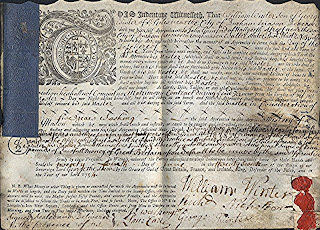 Mr David Cameron called us up a few days ago, as he sometimes does, and asked whether we could give some thought to what should happen if a Prime Minister stepped down, or died, whilst in office. Was it fair, he said, that his successor should just carry on without calling an election?
Mr David Cameron called us up a few days ago, as he sometimes does, and asked whether we could give some thought to what should happen if a Prime Minister stepped down, or died, whilst in office. Was it fair, he said, that his successor should just carry on without calling an election?One of our best staff members was detailed to think about this. Elections are so much fun that we can't do without them. And he came up with the idea that a new election would have to be held within six months. This is not a new idea, but one which comes with a proud heritage. It used to be the case that if the monarch died, elections had to be held. The last time this happened was when King William IV died in 1837. And what was good for King William, the nation's fattest ever ruler, must be OK for us now.
Now it seems to us that Mr Cameron considers that the Prime Minister is the new King, or Queen. It is such an important role, particularly if he happens to win, that any change would need new elections for some reason.
Some people in the department wondered about this. They said that surely it was up to Parliament to decide when to call elections, and if such a rule existed, it would mean that we might have a Prime Minister who hung on in office even when terribly ill, just to avoid an election. Or even one who when dead was wheeled into the Commons to answer questions via a ventriloquist.
But most of us felt that the idea was excellent - we briefed Mr Cameron immediately - and he was so delighted that he made a speech about it.
Another victory for our hard-working team.


